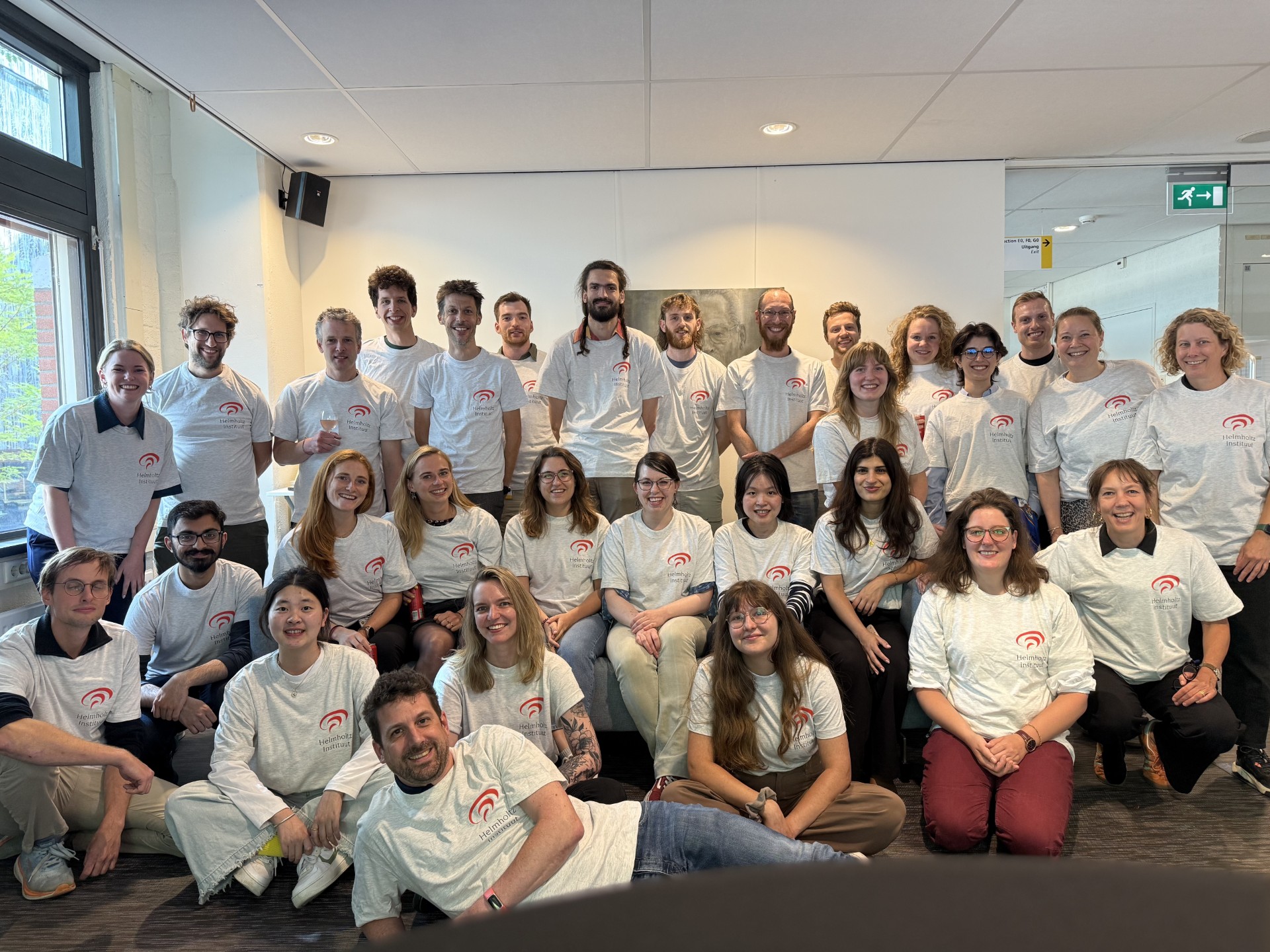Agenda
Helmholtz lecture Denny Borsboom, February 10: Theory construction methodology for building theories in psychology
Helmholtz lecture Denny Borsboom (Department of Psychology, University of Amsterdam):
Title: Theory construction methodology for building theories in psychology
Abstract: Several authors have lamented the lack of systematic theory formation in scientific psychology, and some have gone as far as to pinpoint the paucity of theory as a cause of the reproducibility crisis (Borsboom, 2013). However, little practical guidance exists on how to remedy this situation, partly because theory formation is regarded as requiring divine inspiration rather than skill. In this talk, I will argue that this viewpoint is incorrect: theory formation is a skill that can be learned, practiced, and taught in university curricula. Based on Haig’s (2006) abductive theory of method, I sketch the outlines of Theory Construction Methodology (TCM): a practical sequence of steps that can be followed to construct explanatory theories. TCM consists of five steps. First, the theorist identifies a domain of empirical phenomena that the theory should accommodate. Second, through analogical abduction and related approaches, the theorist constructs a proto-theory: a loose set of suggestive principles that are suspected to hold explanatory force with respect to the empirical phenomenaidentified in the previous step. Third, the proto-theory is used to construct a formal model. The formal model can be either a set of model equations that encode explanatory principles, a graphical representation of causal relationships, or a (possibly agent-based) simulation model. Fourth, the theorist develops the explanatory forceof the model. This is done by representing the empirical phenomena under investigation in terms of the formal model chosen, and researching whether the model indeed reproduces these phenomena accurately. Fifth, the theorist studies the overall adequacy of the theory. In this step, the theorist evaluates whether the identifiedphenomena are indeed reproduced faithfully, whether the explanatory principles are sufficiently simple and substantively plausible to generate a parsimonious yet convincing explanation, and whether the theory has sufficient testable consequences to allow for (partial) falsification. Normally, an initially suggested theory would not achieve all these virtues in a single run of TCM, so the theorist would repeatedly apply the methodology until the theory is
sufficiently adequate. This gives rise to a theory construction cycle, which is similar to the well-known empirical cycle (De Groot, 1969). I explain the process with recent examples of theory formation in which key elements of TCM were successfully implemented, including the mutualism model of intelligence (Van der Maas et al., 2006), the network theory of mental disorders (Borsboom, 2017), and recent computational models of panic disorder (Robinaugh et al., 2019). Additionally, I propose an outline for a university curriculum that can systematically educate psychologists in the process of theory formation. Recognizing that theory development is indeed a skill that can be taught and practiced, we argue that psychology should work to educate a new generation of researchers that are equipped to develop theoretical psychology.
References
Borsboom, D. (2013). Theoretical amnesia. Open Science Collaboration Blog (November 20).
Borsboom, D. (2017). A network theory of mental disorders. World Psychiatry, 16, 5-13.
De Groot, A. D. (1969). Methodology: Foundations of inference and research in the behavioral sciences.The Hague: Mouton.
Haig. B. D. (2006). An abductive theory of scientific method. Psychological Methods, 10, 371-388.
Robinaugh, D., Haslbeck, J. M. B., Waldorp, L., Kossakowski, J. J., Fried, E. I., Millner, A., … Borsboom, D. (2019, May 29). Advancing the network theory of mental disorders: A computational model of panicdisorder. https://doi.org/10.31234/osf.io/km37w
Van der Maas, H. L. J., Dolan, C. V., Grasman, R. P. P. P., Wicherts, J. M., Huizenga, H. M., & Raijmakers, M. E. J. (2006). A dynamical model of general intelligence: The positive manifold of intelligence by mutualism. Psychological Review, 113, 842-861.
Location:Experimental Psychology Pantry, Heidelberglaan 1, 3584 CS Utrecht
Helmholtz Lectures take place from 4 to 5pm, with drinks afterwards in the pantry of the Langeveld building. Lectures are hybrid and streamed live via Teams. Some of the lectures will be recorded. Recordings can be found here: https://video.uu.nl/channels/#helmholtz
If you wish to attend the lecture online, please send an email to helmholtz@uu.nl.
Helmholtz agenda: https://helmholtzschool.nl/category/agenda/
Follow us on Twitter: @HelmholtzSchool (https://twitter.com/HelmholtzSchool)
Recording of this lecture: https://video.uu.nl/videos/helmholtz-lecture-2023-02-10-prof-denny-borsboom/
Recording of other lectures: https://video.uu.nl/channels/#helmholtz


